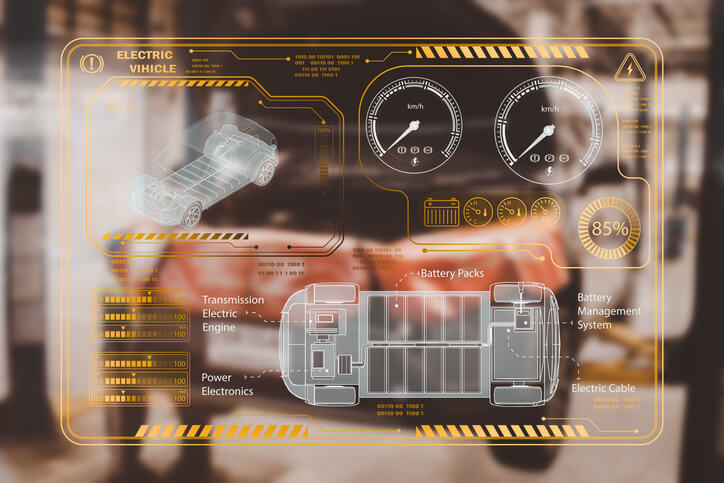Electric vehicles (EVs) are quickly becoming one of the fastest ways for a business or organization to hit its sustainability goals. But as EVs become increasingly popular options for fleets to decrease their carbon footprint, one of the most common questions surrounds the lifespan of an electric vehicle battery.
Keep reading to learn more about the typical lifespan of an EV battery, tips for extending battery life, and how these types of batteries are recycled and disposed of when no longer in use.

